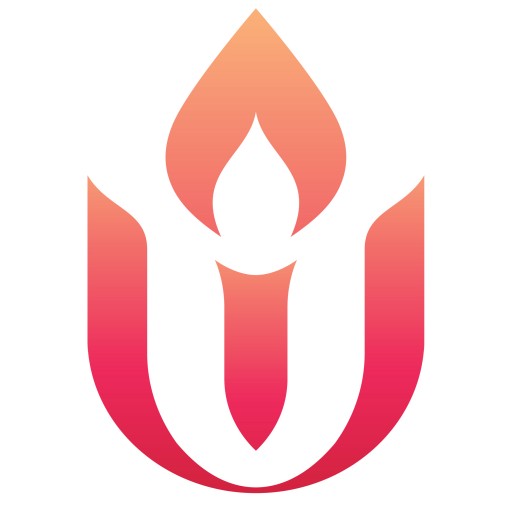When I first joined this congregation in the fall of 1993 it was lay-led and had been for many years. That appealed to me. As a boy, growing up in small, midwestern towns, I had little choice but to follow my parents to a series of protestant churches. As soon as I graduated high school and left for college, I liberated myself from religion and remained free for the next thirty-odd years.
In 1993 my wife Peggy was pregnant with our daughter, Elizabeth. We came to this meeting house to start our daughter on her spiritual path, but now both she and Peggy have left religion behind just as I did. So, it seems the task of spiritual pathfinding was my own.
The first service I attended here back in ’93 was called “Creating Your Own Theology,” and I felt at the time that it was a perfect goal. In the past quarter of a century, I see that is indeed what I’ve been trying to do, and this seems like an opportunity to evaluate my efforts.
The task facing anyone who becomes a UU is to create a new, original, personal religion for themselves. The thing that drove me out of my parent’s church was the requirement to believe what I was told. What I found attractive here was the opportunity to decide how I should live.
It gradually dawned on me that my life so far had been a pretty ad hoc affair – simply following the hedonistic path of least resistance. I was a loner and proud of it. As a free-lance actor, I bragged about being “self-unemployed”. In short, I lived almost entirely without real principles. Now, I suddenly found myself confronted with seven of them and not a word about beliefs.
The seven looked good to me in the beginning. Yeah, I can go along with those, no problem. Until I realized that really owning those principles means paying a price. Sooner or later those principles are going to demand sacrifices. The most important difference having a great minister like Chris Antal makes is his guidance along that difficult principled path. He lends us his commitment and integrity and he sets a powerful example. Sometimes he expresses disappointment in us and sometimes we rebel at being asked to hew to his impossible standards. Finally, each of us must set our own limits, create our own theology.
Now, I’m looking at this pledge form in one hand and those seven principles in the other and realizing just how much this place, this community, this principled life, really means to me. I pledge a nice big number.
One or two points before I end this: Even though Elizabeth left, she still got the benefit of our ‘self-made religion’ and I’m proud of the values she absorbed here. And my parents did not bang on the ‘belief drum’ so much as show me the true value of community. They taught me something about leadership, service and the importance of belonging.
Yours in Service,
Mike Landrum
